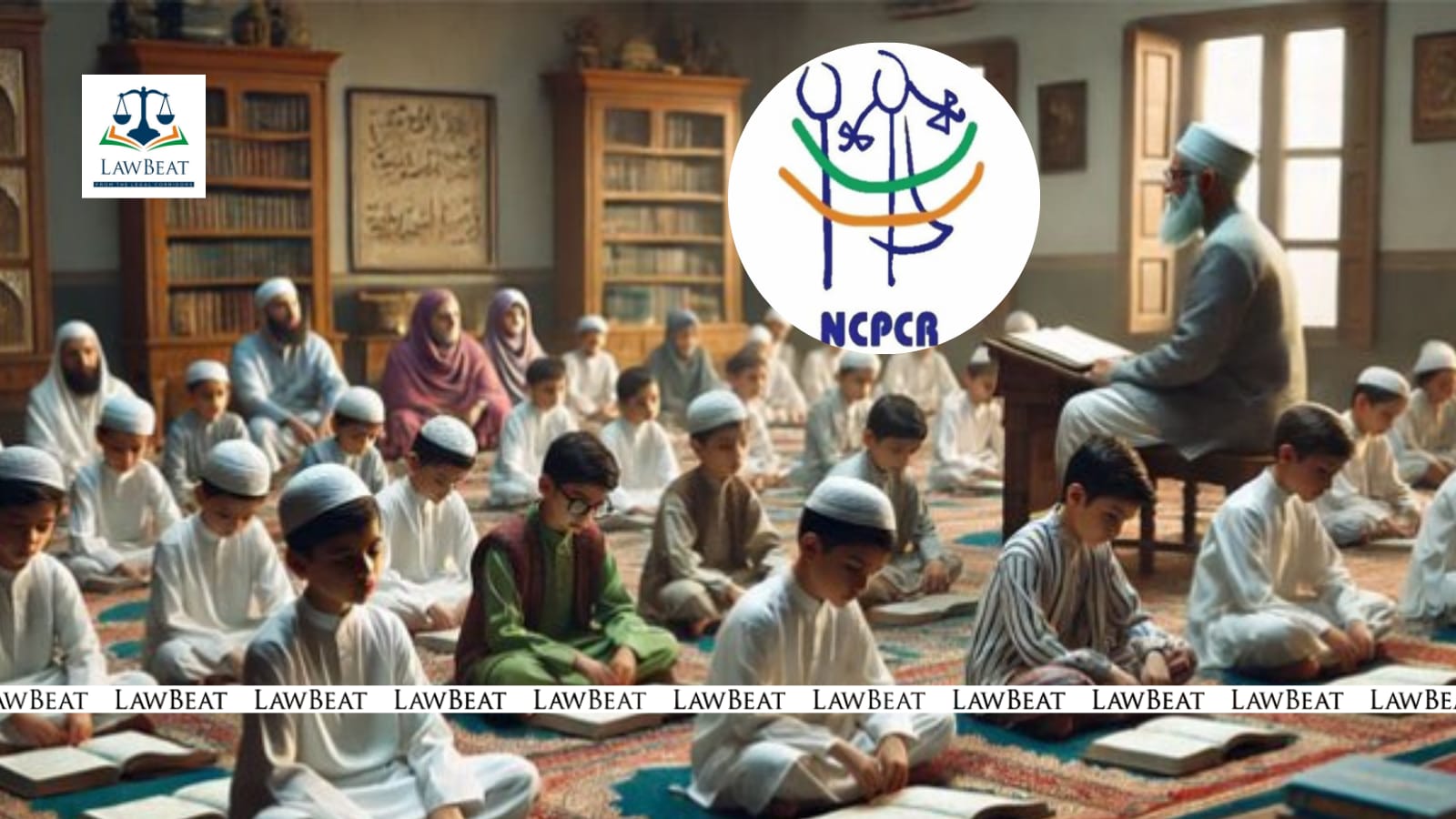"Madrasa Boards should be discontinued", NCPCR writes to Chief Secretaries asking to stop state funding to Madrasas

NCPCR notes that most of the States/UTs have been reluctant to conduct mapping of unmapped Madrasas
National Commission for Protection of Child Rights (NCPCR) has written to Chief Secretaries/Administrators of all States and Union Territories recommending that State funding to the Madrasas and Madrasa Boards be stopped across all States/UTs and Madrasa Boards should be discontinued and closed down.
The NCPCR has clarified that this is subject to the judgment of the Supreme Court in SLP (Civil) No. 00854L of 2024 in case of Uttar Pradesh wherein a challenge has been made to the Allahabad High Court’s judgement striking down the Uttar Pradesh Board of Madarsa Education Act 2004 as unconstitutional.
Top Court had in April this year stayed the High Court's judgment noting that while the State has a legitimate public interest in thinking that students should be provided quality education that would help them to lead a life in the society, it would have to be considered if this requires the jettisoning of the whole Act.
The NCPCR has prepared a report titled Guardians of Faith or Oppressors of Rights: Constitutional Rights of Children vs. Madrasas touching upon different aspects of the history of Madrasas and their role in violation of educational rights of children.
"It is the duty of the State Governments to ensure that all children receive formal education in schools which are duly defined under Section 2(n) of the RTE Act, 2009. Merely constituting a Board or taking a UDISE Code does not mean that the Madrasas are following the provisions of RTE Act, 2009...", the NCPCR has said.
It has also been recommended that all non-muslim children be taken out of Madrasas and admitted in schools for receiving fundamental education as per the RTE Act, 2009.
"Also, children from Muslim community who are attending Madrasa, whether recognized or unrecognized, are enrolled in formal schools and received education of the prescribed time and curriculum as per the RTE Act, 2009. The report is prepared with an aim to guide us toward creating a comprehensive roadmap that ensures all children across the country grow up in a safe, healthy, and productive environment. By doing so, they will be empowered to contribute meaningfully to the nation-building process in a more holistic and impactful way. The report is enclosed for your perusal and necessary action....", the letter by NCPCR Chairperson Priyank Kanoongo states.
State of Uttar Pradesh had recently informed Supreme Court that it had accepted the judgment of the Allahabad High Court striking down the Madarsa Act. Supreme Court is presently seized of an SLP filed by one Anjum Kadari through Advocate Sanjeev Malhotra challenging the high court’s judgement which struck down the act on the ground that the act is on the ground that the act is against the principles of secularism and articles 14, 21, 21A of the Indian Constitution.
A division bench of the Allahabad high court comprising Justice Vivek Chaudary and Justice Subhash Vidyarthi struck down the state's Madarsa Act in a petition filed by one Anshuman Singh Rathore who challenged the constitutionality of the UP Madarsa State Board Act 2004 and provisions of the Right of Children of Free and Compulsory Education Act 2012.
The high court had said that it was not mandatory for a citizen of this country to be secular by nature and a citizen can have faith in his own religion or in some/every religion or may not have faith in any religion.
